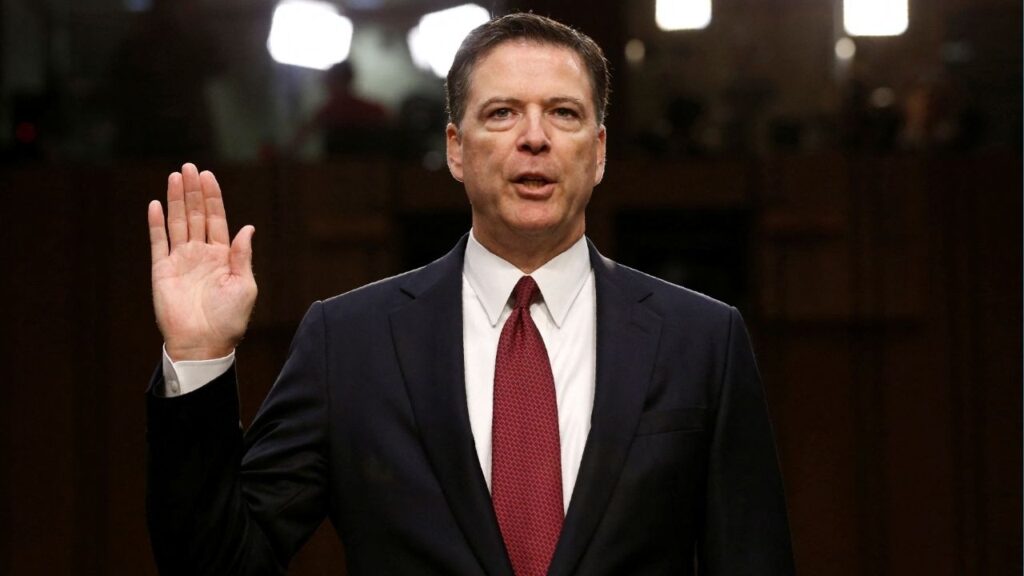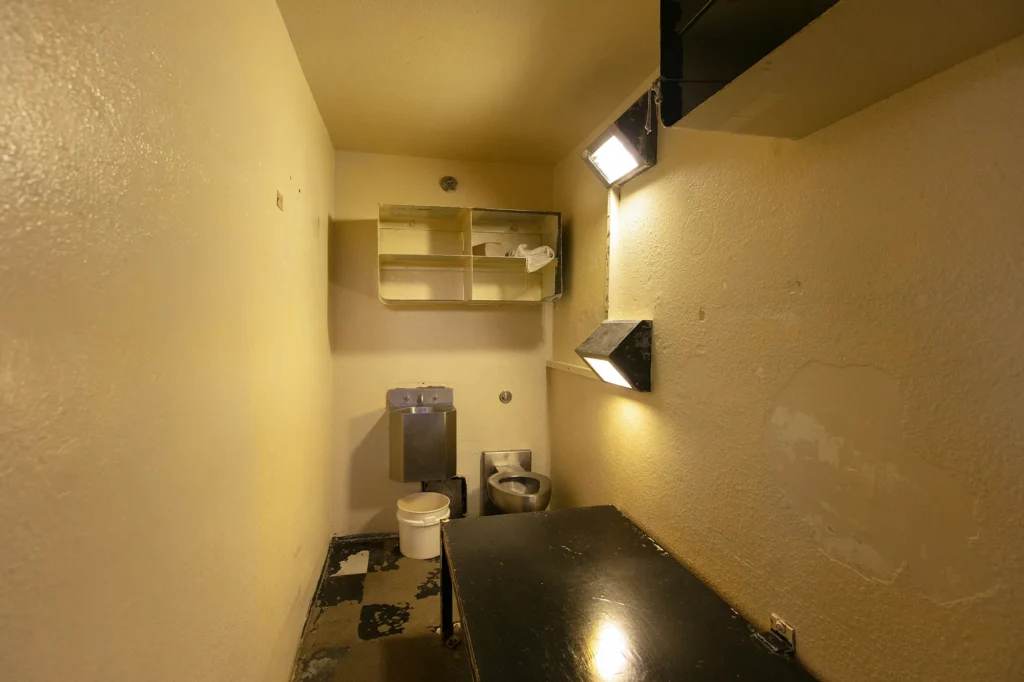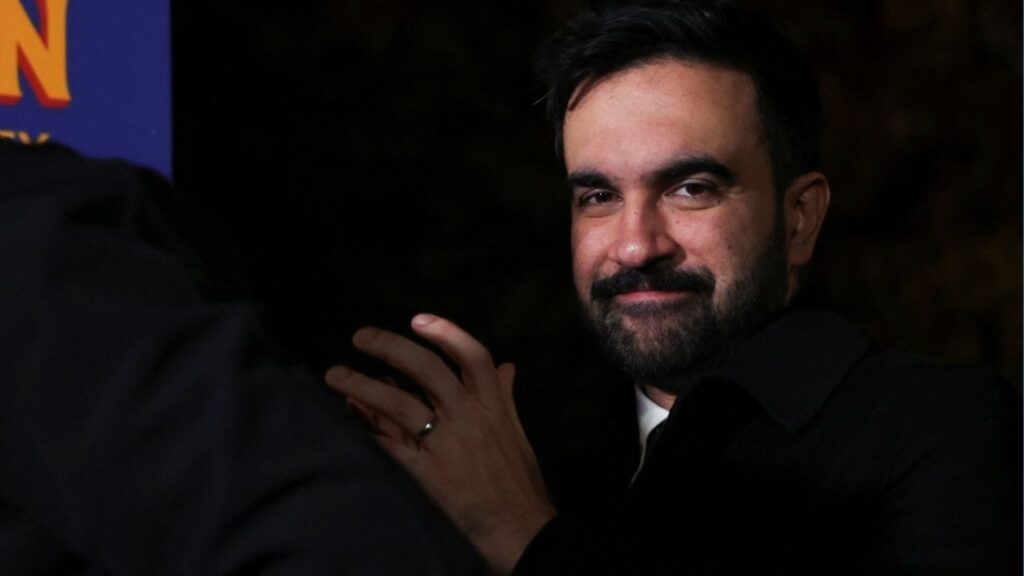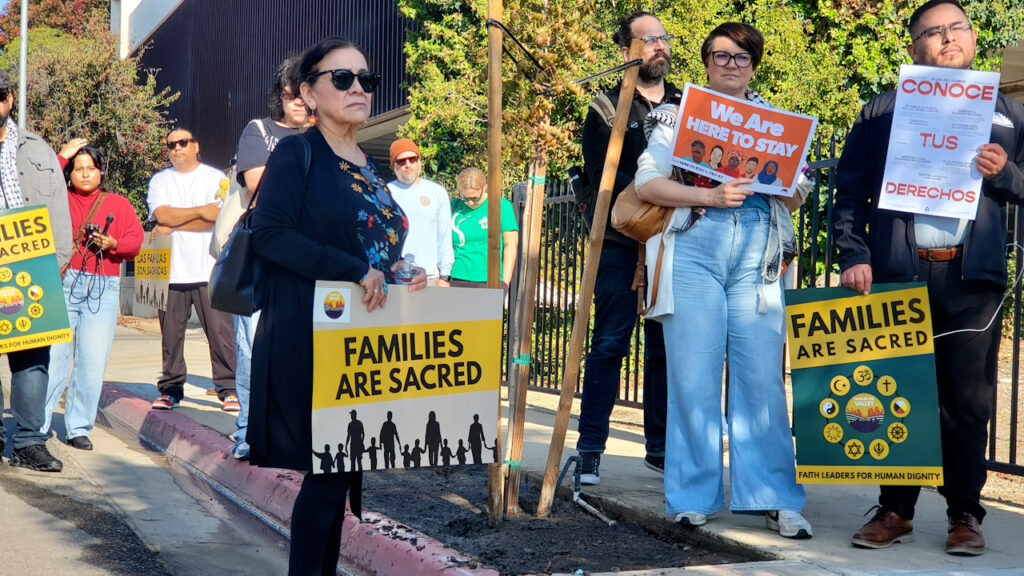President Donald Trump, right, meets with Prime Minister Benjamin Netanyahu of Israel in the Oval Office of the White House in Washington, Feb. 4, 2025. Both men are politically divisive, fiercely combative and have outsize egos but as Trump arrives in the Middle East next week, the fate of the region could hinge on their relationship. (Eric Lee/The New York Times)

- Trump and Netanyahu, once aligned, now diverge over Iran and Gaza as tensions rise ahead of Trump’s Middle East visit.
- Trump surprises Netanyahu with Iran and Houthi deals; Netanyahu vows Israel will act alone if U.S. won’t support strikes.
- Despite deep personal ties, Trump and Netanyahu’s policy split tests U.S.-Israel relations amid ongoing Gaza war and shifting alliances.
Share
|
Getting your Trinity Audio player ready...
|
JERUSALEM — When Israeli Prime Minister Benjamin Netanyahu met U.S. President Donald Trump at the White House in February, the two men could not have been more in sync. The president had designated Houthi militants in Yemen as a terrorist organization. They both spoke of stopping Iran from acquiring a nuclear bomb. Trump even mused about expelling Palestinians from the Gaza Strip.
“You say things others refuse to say,” Netanyahu gushed in the Oval Office, with cameras running. “And then, after the jaws drop, people scratch their heads. And they say, ‘You know, he’s right.’”
Two months later, in another White House visit, Netanyahu sat almost silently next to the president for more than a half-hour as Trump expounded on topics having nothing to do with Israel.
That meeting, in April, underscored a growing divide between the two men, who are increasingly in disagreement on some of the most critical security issues facing Israel.
As Trump heads this week to the Middle East for his first major foreign trip, the president has, for now, rejected Netanyahu’s desire for joint military action to take out Iran’s nuclear abilities. Instead, Trump has begun talks with Iran, leaving Netanyahu to warn that “a bad deal is worse than no deal.”
This past week, Trump announced an agreement with the Iranian-backed Houthi militias in Yemen to halt U.S. airstrikes against the militants, who agreed to cease attacks against U.S. vessels in the Red Sea. The news from Trump, which Israeli officials said was a surprise to Netanyahu, came only days after a Houthi missile struck Israel’s main airport in Tel Aviv, prompting an Israeli response.
Netanyahu Responds to Trump
In a video posted on the social platform X, Netanyahu responded to Trump’s announcement by saying: “Israel will defend itself by itself. If others would join us, our American friends, very well. If they don’t, we will defend ourselves.”
Mike Huckabee, the United States ambassador to Israel, said in an Israeli television interview Friday that “the United States isn’t required to get permission from Israel.”
And there is even some evidence of a divide on Gaza. Trump’s emissaries are still trying to get a deal to stop the war, even though he has largely supported the prime minister’s conduct of the conflict and has offered almost no public criticism of Israel’s increased bombardment and blockade of food, fuel and medicine since a ceasefire collapsed two months ago.
Last Monday, the prime minister announced plans to intensify the war even as the president’s envoys continued to seek a new diplomatic path to end the conflict. But Trump has not wagged his finger at Netanyahu the way President Joe Biden did throughout the first year of the war in Gaza, which began after the Oct. 7, 2023, Hamas-led attack on Israel.
Now, this moment is testing the relationship of the two men, both of whom are politically divisive, fiercely combative and have outsize egos. At stake is the short- and long-term security in a region that has long been wracked by war. Analysts in the Middle East and the United States say that changing the arc of history there in part hinges on how Trump and Netanyahu bridge their differences during a time of major geopolitical shifts.
“Trump is ‘what you see is what you get’ and rarely hides things. His default is to say what he thinks,” said Eli Groner, who served for more than three years as the director general in the prime minister’s office. “Netanyahu’s default is to keep things extraordinarily close to his chest.”
Trump, Netanyahu Had a Warm and Close Relationship
Trump and Netanyahu have for years publicly cited a warm and close relationship as evidence of their own political prowess and have flattered each other repeatedly. People close to the two leaders say they are in some ways kindred spirits who respect each other for the political and personal attacks they have endured during their careers.
Trump has accused liberals in his government, judges and intelligence officials of conspiring against him. Netanyahu has blamed courts in his country from blocking necessary policies and he says his political rivals orchestrated his trials on charges of fraud, breach of trust and accepting bribes.
“The DNA of both of them is very similar,” said Mike Evans, an evangelical Christian who founded the Friends of Zion museum in Israel and is a longtime supporter of both the president and the prime minister. “They both have gone through similar experiences — Bibi with the deep state in Israel and Donald Trump with the deep state in America.”
John Bolton, who served as the national security adviser in the White House from 2018 to 2019, said Trump always viewed the relationship with Netanyahu as critical to his own political support in the United States, especially among evangelical voters.
“They both saw it to their political advantage to be friendly,” he said of the two leaders. “That was certainly Trump’s calculation.”
But behind closed doors, there have been disagreements and some clashes, with implications for the situation now facing them.
The White House has said that Trump does not have plans to visit Israel on his trip to the region this week, though Huckabee said the president would visit the country by the end of the year. That is a change from the president’s first term, when his first foreign trip included Israel along with stops in Saudi Arabia and parts of Europe.
It remains unclear how extensively Trump will confront the war in Gaza while he is in the Middle East.
Trump came into office vowing to end the war between Israel and Hamas, end Palestinian suffering, and return the hostages whom the militant group seized in the Oct. 7, 2023, attack. (Always on his mind, according to those close to him: the prospect of being awarded a Nobel Peace Prize for his efforts. A spokesperson for Trump said in March that the prize was illegitimate until Trump, “the ultimate peace president,” was honored for his accomplishments.)
More than 50,000 Palestinians have died, according to the Gaza Health Ministry, which does not distinguish between civilian and combatant deaths. About 130 hostages have been released, and the Israeli military has retrieved the bodies of at least 40 others. As many as 24 hostages are thought to still be alive, according to the Israeli government.
—
This article originally appeared in The New York Times.
By Michael D. Shear/Eric Lee
c. 2025 The New York Times Company




















